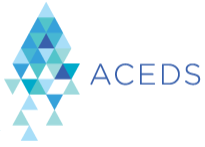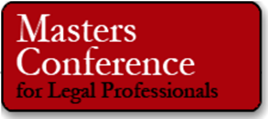New Roles for George Socha and Randi Mayes and First Masters Conference Report: eDiscovery Trends
New Roles for George Socha and Randi Mayes and First Masters Conference Report: eDiscovery Trends https://cloudnine.com/wp-content/themes/cloudnine/images/empty/thumbnail.jpg 150 150 CloudNine https://cloudnine.com/wp-content/themes/cloudnine/images/empty/thumbnail.jpg
Changes are in store for a couple of legal technology icons. And, here are some of the things you missed at this week’s Masters Conference.
read more






